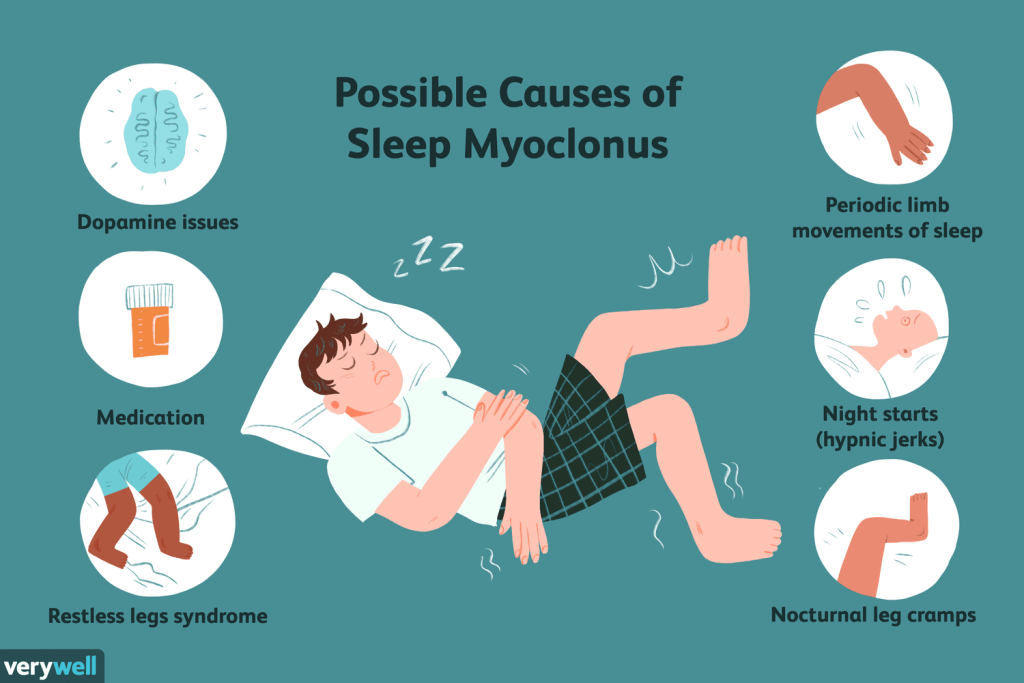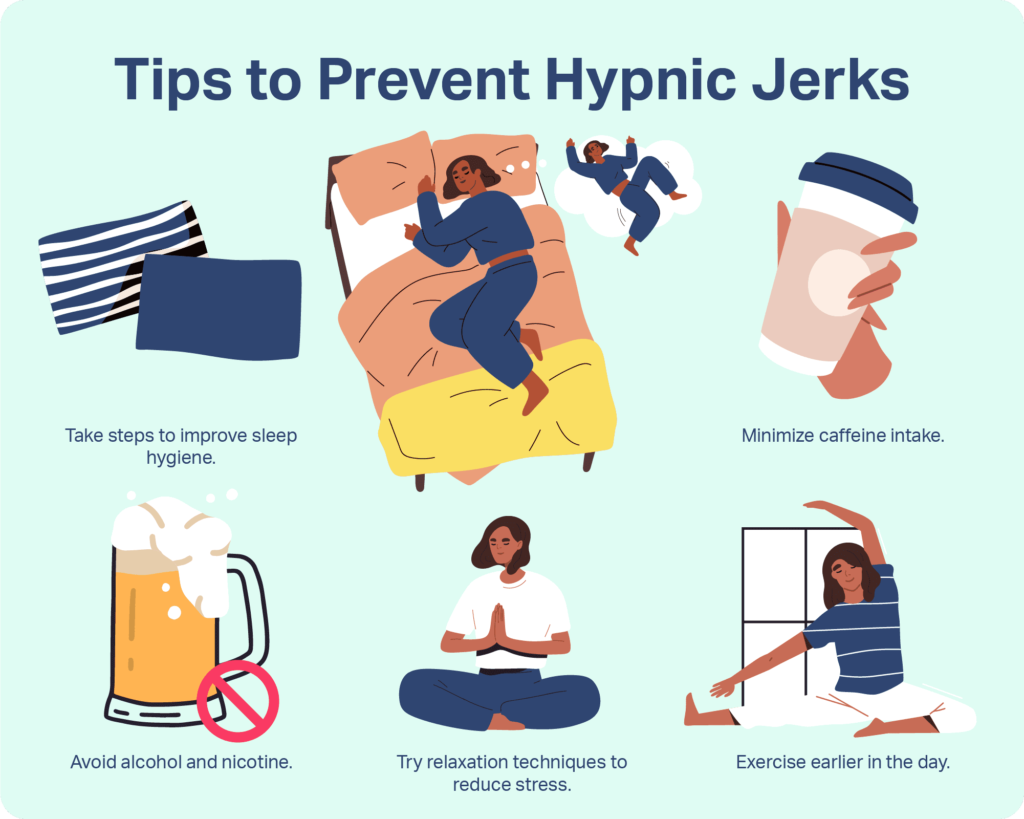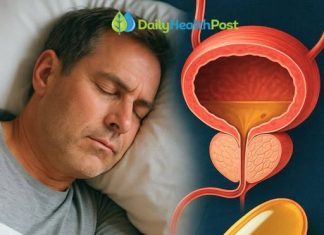What It Means When Your Body Jerks as You Fall Asleep
Hypnic jerks, also known as sleep starts, are those sudden, involuntary twitches or jolts you may experience just as you’re about to fall asleep. Often accompanied by a brief sensation of falling, these jerks occur during the transition between wakefulness and sleep—a phase known as the hypnagogic state.
What Causes Hypnic Jerks?
While the exact cause of hypnic jerks remains unclear, researchers have proposed several theories. These involuntary movements are essentially muscle contractions that can affect the entire body or specific areas, like the arms or legs.
One prominent theory suggests that as your muscles relax completely during the onset of sleep, your brain may misinterpret this relaxation as a sign that you are physically falling. In response, it sends signals to your muscles, causing them to twitch or jerk as a reflexive reaction to “catch” you.
Are Hypnic Jerks Harmful?
For the most part, hypnic jerks are harmless and don’t indicate any underlying health problems. However, they can occasionally disrupt your sleep, particularly if they occur frequently or are accompanied by a feeling of unease.
Common Triggers
Several factors can increase the likelihood of experiencing hypnic jerks, including:
Stress: Elevated stress levels can overstimulate the brain, making hypnic jerks more frequent.
Caffeine: Consuming caffeine, especially later in the day, can interfere with your body’s ability to relax.
Physical exhaustion: Intense physical activity or overexertion can increase muscle twitching at night.
Sleep deprivation: Lack of sufficient rest can disrupt your body’s natural sleep cycle.
Nicotine consumption: Excessive use of nicotine has also been linked to hypnic jerks.
Nighttime exercise: Vigorous physical activity too close to bedtime can make the muscles overly active, leading to jerks.
Interestingly, around 75% of people experience hypnic jerks at some point in their lives, making them a common occurrence.
When to Seek Medical Advice
Although hypnic jerks are generally harmless, persistent episodes that significantly disrupt your sleep or cause concern may warrant medical evaluation. In rare cases, these jerks could be linked to underlying sleep or neurological disorders.

How to Minimize Hypnic Jerks
Improving your sleep habits can help reduce or even eliminate hypnic jerks. Consider these tips:
Maintain a consistent sleep schedule: Go to bed and wake up at the same time every day, including weekends.
Optimize your sleep environment: Keep your bedroom temperature between 65 and 68°F (18-20°C) for comfort.
Limit screen time: Avoid using electronic devices at least an hour before bedtime, as blue light can interfere with your body’s natural sleep signals.
Keep the room dark: Darkness promotes the production of melatonin, the hormone that regulates sleep.
Manage stress: Practice relaxation techniques like deep breathing, meditation, or gentle yoga before bed.

Reduce stimulants: Cut back on caffeine and nicotine, particularly in the hours leading up to sleep.
By adopting these healthier habits, you can improve your overall sleep quality and reduce the frequency of hypnic jerks.
If this article resonates with you, consider sharing it with friends and family to help others better understand this common phenomenon and how to manage it.

















